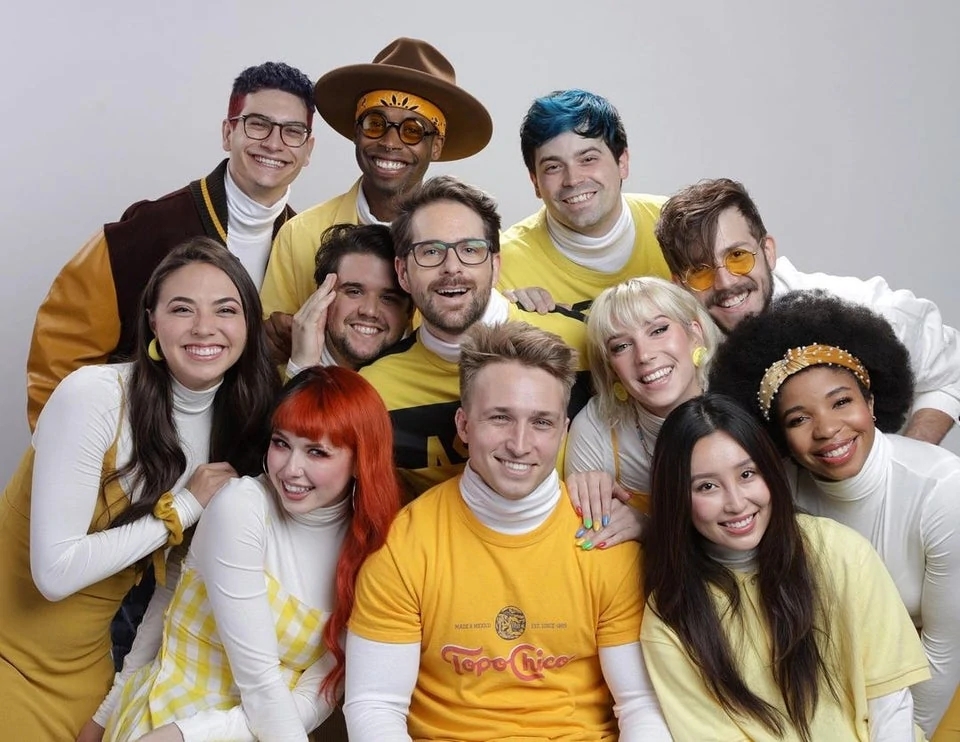Before I go there, let me express my frustration with you supernatural believers.
First of all, we skeptics are not the close-minded ones here.
Every time we encounter unexplained phenomena, we accept we literally have nothing to draw any conclusions from. I mean, the keyword is unexplained. That’s not being dismissive, that’s being reasonable and humble.
Meanwhile, you already have your minds set to automatically perceive any inexplicable things as supernatural and you insist those “orbs” and “mist” in photos are ghosts instead of light-reflecting dust particles and air moisture, respectively.
Not only you are mentally rigid, you are very dismissive of scientific explanations; instead of accepting the possibility of being wrong, you perceive scientists as those who invalidate your beliefs out of spite. Not to mention the arrogance to think you know everything despite having nothing.
You expect us to believe you are the open-minded ones?
Some of you also believe skeptics don’t experience the supernatural because ghosts purposely avoid non-believers; they exist if you believe they exist.
What a very convenient argument, isn’t it? You believe excusing your inability to provide proofs relieves you of the burden of proof.
Some of you also claim there are skeptics who have experienced the supernatural and end up as believers. My question: are you sure they were skeptics?
To categorise them simplistically, there are two types of non-believers.
The first type are the “rational” non-believers; they reject religious and supernatural beliefs because they are deemed nonsensical and against reason. The second type are the “emotional” ones; they reject those beliefs because they have bad personal experiences with the adherents.
From my observations, many don’t distinguish religious and supernatural beliefs from each other and, even though the non-believers can belong to both categories, the ones I have encountered tend to belong to the latter.
I believe hating anything solely for emotional reasons is valid; we are humans, it is normal for us to have strong feelings against anything. But, it is also obvious those “emotional” non-believers have never dismantled the beliefs they despise rationally.
If they encounter a new belief which they have zero negative experiences with and/or preconceived beliefs about, there is a chance they would end up embracing it, just like how some westerners who grew up with and traumatised by Christianity end up embracing a New Age belief and the likes; while it’s not common, it definitely happens.
If their “skepticism” is selective or “emotional”, they were never skeptics in the first place.
Now, about the title…
I love Buzzfeed Unsolved Supernatural and its spiritual successor Ghost Files because one co-host – Ryan Bergara – is a believer and the other – Shane Madej – is a skeptic.
While the shows are created and narrated by Bergara, I do appreciate his inclusion of Madej. He is willing to have his belief in the supernatural getting challenged and even made fun of. He refuses to put his own belief on a higher pedestal than Madej’s, even though he has the power to.
While the shows may not aggressively challenge people’s belief in the supernatural, they remind them that not everyone is a believer, that there is always possibility the supernatural doesn’t exist.
And having Shane Madej as a co-host can feel empowering to the skeptics watching at home. It feels cathartic to have someone funny and outspoken on your side.
.
.
From what I see in the comment sections, the Boogaras, fans who believe in the supernatural, seem to be louder than the Shaniacs, fans who are skeptics. While they love joking Madej being a demon because of his ‘bravery”, many genuinely believe his skepticism “protects” him from the ghosts.
But, just because they are dominant, it doesn’t mean they are unchallenged.
Even though I haven’t encountered aggressive full-blown arguments between the two fandom subgroups (maybe they exist and I just haven’t found them), I do notice the Boogaras cannot spew opinions without being held accountable by the Shaniacs.
I don’t know if this is unique to comment sections of those two shows… or this is just the nature of comment sections in general.
.
.
Some people may find me hypocritical for denouncing supernatural belief while still identifying with a religion.
I admit that I cannot rationalise my religiosity. I still see myself as a Muslim purely for emotional reasons. Growing up, my experiences with religion were either positive or neutral; none of them were traumatising in any way.
I am still religious not because I see religions as a sensical, pragmatic and moral necessity, but because I find religiosity emotionally comforting.
While I have definitely criticised anti-religion people for having simplistic and occasionally prejudiced arguments, I also cannot blame them for hating religions, considering their traumatic religious upbringings.
.
.
.
.
.
Donate to this deadbeat, preachy blogger on Patreon.






